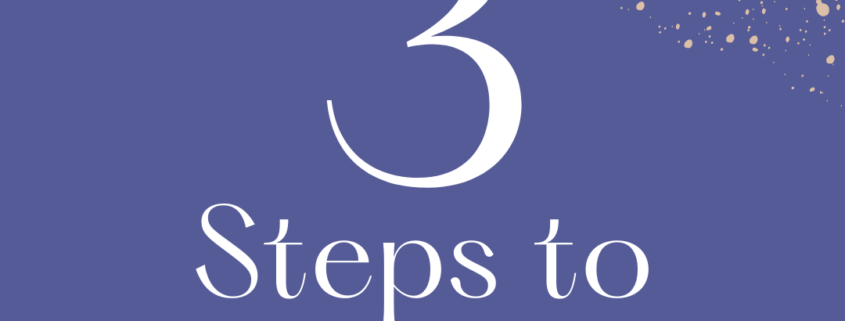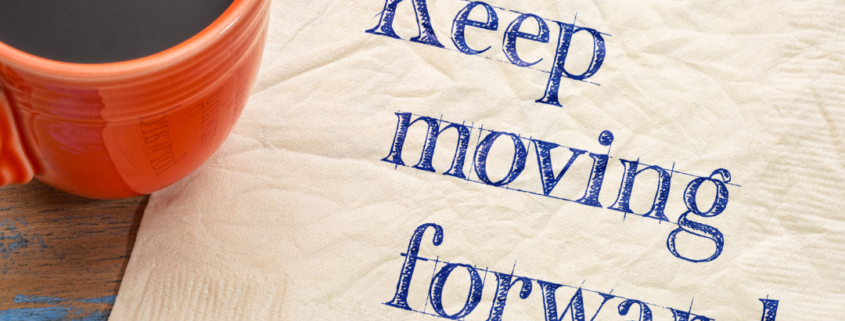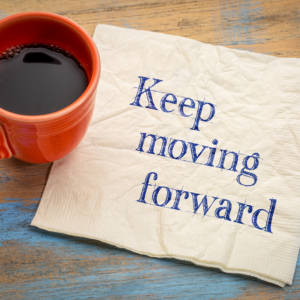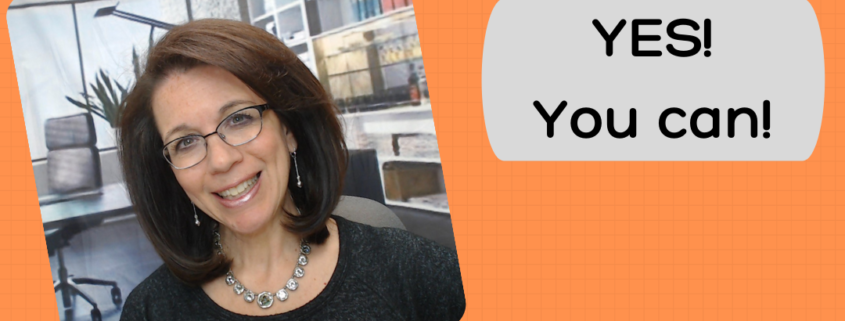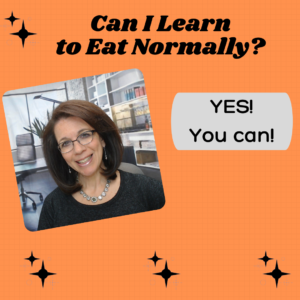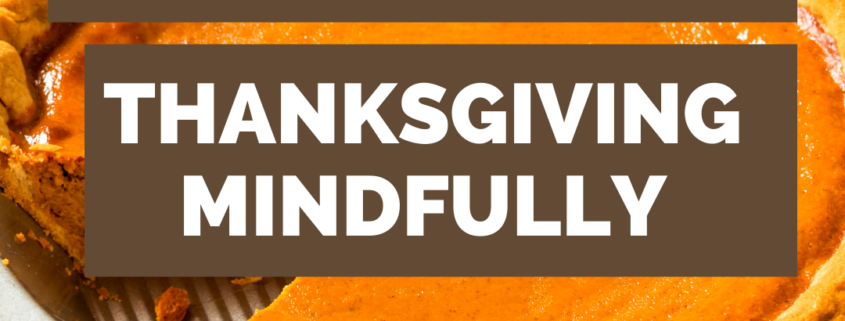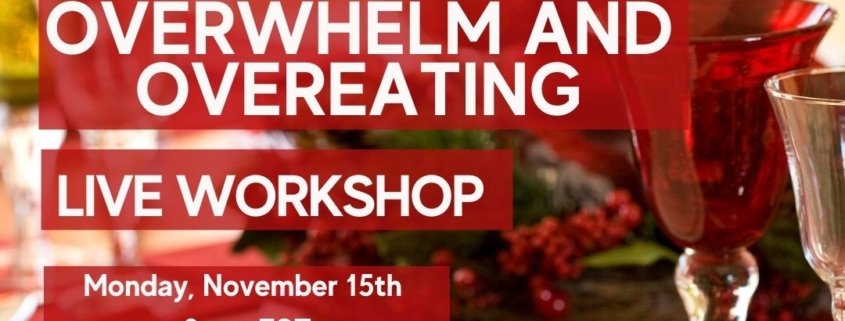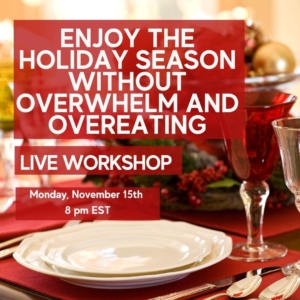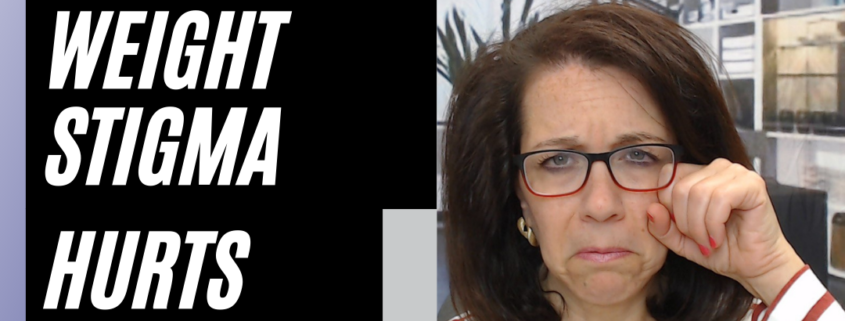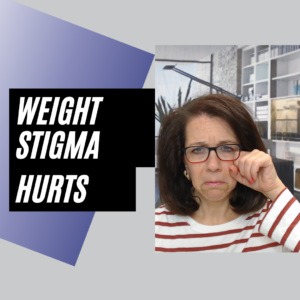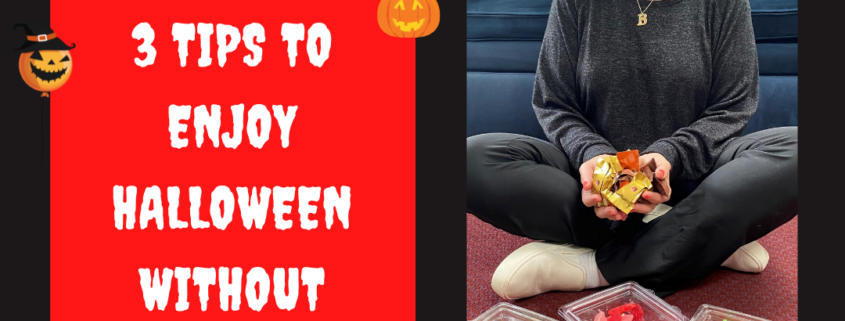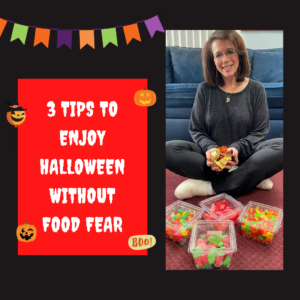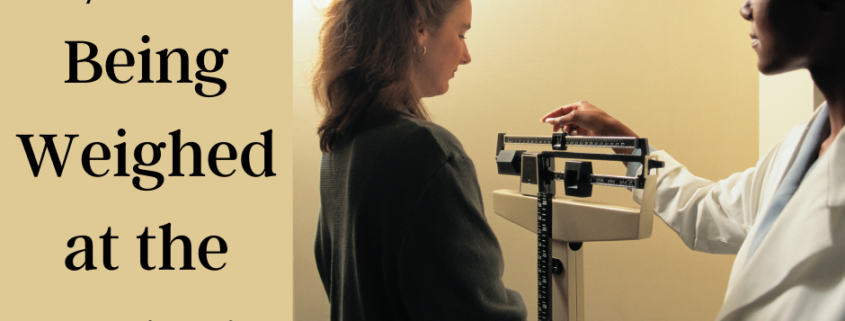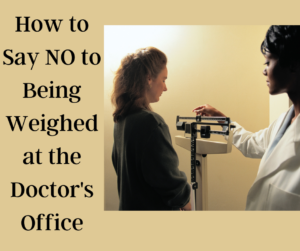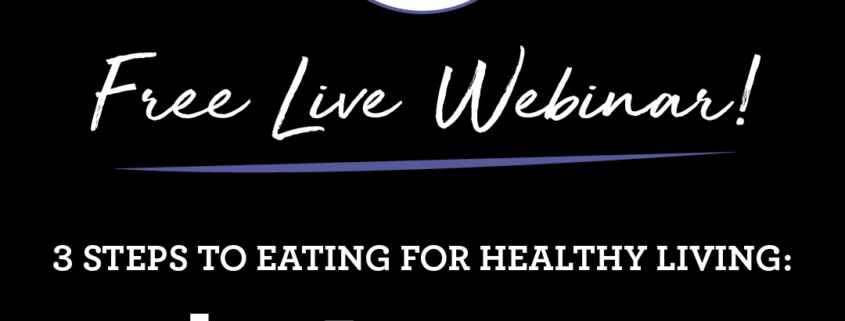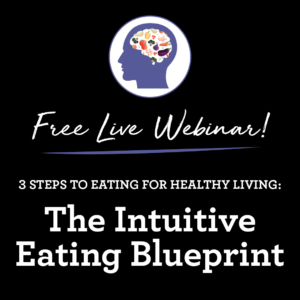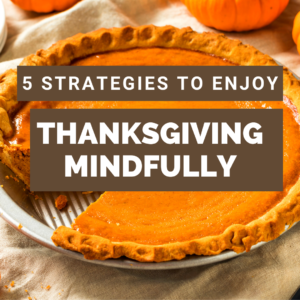 It’s Turkey time!
It’s Turkey time!
What’s the first thing that comes to mind when you think about Thanksgiving?
Turkey? Stuffing? Pumpkin pie? Feeling stuffed?
What emotions come to mind when you think about Thanksgiving?
Gratitude? Overwhelm? Feeling disappointed in yourself at the end of the day for how much you ate?
Many people who are starting the Intuitive Eating journey, and even those who have been practicing for a while, struggle with Thanksgiving. The whole day is centered around eating, possibly leaving you uncomfortably full by the end of the evening. No wonder it’s a challenge for so many people!
I want you to know it doesn’t have to be this way. Thanksgiving does not have to be a source of anxiety at all. It can be a day full of love and gratitude for all the things in your life that you are thankful for.
But how? I’ve got 5 strategies for you!
1.Reframe Your Beliefs
If you go into Thanksgiving Day thinking you will “blow” it, then it will become a self-fulfilling prophecy. Your thoughts/beliefs inform your feelings, which inform your actions which inform your results.
Maybe in years past you went into the holiday dieting, and with the first bite of a food you deemed “bad”, you figured “I blew it, I’ll just start again after the holidays”. Well, now you are going into the holiday as an Intuitive Eater, or an Intuitive Eater in training. Therefore, changing your self-talk can greatly impact your beliefs and ultimately your actions.
Try saying this to yourself: “I am capable of enjoying the Thanksgiving feast while honoring my inner signals of hunger, satiety and satisfaction.”
2.Honor Your Hunger throughout the Day
It can be tempting to skip breakfast or lunch when you know that you have a holiday dinner ahead of you. However, this is forcing your body to ignore its hunger cues earlier in the day and when you finally sit down to dinner, you will be ravenous. Then what happens? You eat past the point of comfortable fullness!
Instead, enjoy a well-balanced breakfast and lunch and you’ll see how much more you enjoy dinner.
Hint: Skipping meals to save calories for a big dinner is part of the sneaky diet mentality. What other ways is the diet mentality sneaking back into your thoughts? Let me know in the comments below!
3.Be Aware of Competition Eating
Family dinners with lots of people can be challenging! You might find that you take extra or larger helpings of food out of a fear that there won’t be anything left if you are still hungry. This is a form of “rebound eating”. Just the thought of being deprived leads you to “overeat”.
Here’s the thing! Even if you have a big family, there’s likely going to be enough food for second helpings should you still be hungry (who doesn’t have Thanksgiving leftovers!)
Try to resist the urge to overfill your plate. When you first sit down to dinner, assess your hunger level, and take the amount of food you think will fill your hunger. Keep in mind that if you are not quite satisfied when you finish eating, you can always take more. YOU are in charge!
4.Create A Colorful Balanced Plate
Some people think that nutrition is not considered in the Intuitive Eating philosophy. That is the farthest thing from the truth! Gentle Nutrition (Intuitive Eating Principle 10) takes into consideration taste and nutrition when making food choices.
When filling your plate at your Thanksgiving meal, consider whether most of the food groups are present. Protein, whole grains, veggies, and healthy fats all make for a balanced plate that will leave you feeling satisfied, energized and will keep your blood sugars stable.
5.Check-in with Yourself
Being around the family at holiday time can be a source of stress for many people. And this stress can be a disruptor to attuning to your hunger and fullness signals. Take the time before the big dinner to center yourself and focus on you. Then throughout the meal, take some time out to check in with yourself to assess how you are feeling. If you are feeling overwhelmed, take a few breaths to refocus your attention on your meal and to check in with your fullness cues.
There are lots of uncomfortable emotions that can come up this time of year.
If you’re struggling with emotional eating, I invite you to explore the Total Food Freedom: End Emotional Eating and Enjoy a New Relationship with Food Program, on sale now for BLACK FRIDAY!
Check out this killer deal (and see how you can get bonus time with me!)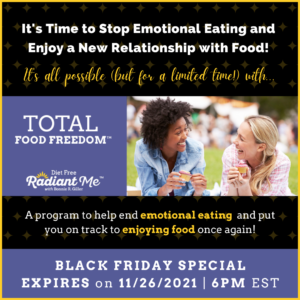
Offer expires Friday 11/26/2021 at 6 pm EST.
Best wishes for a Happy Thanksgiving to you and your family!
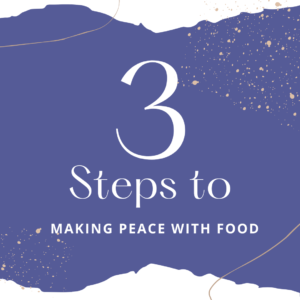 Do you find yourself constantly at war with your food? Are you ready to throw in the towel and finally make peace with food but not sure where to start?
Do you find yourself constantly at war with your food? Are you ready to throw in the towel and finally make peace with food but not sure where to start?
